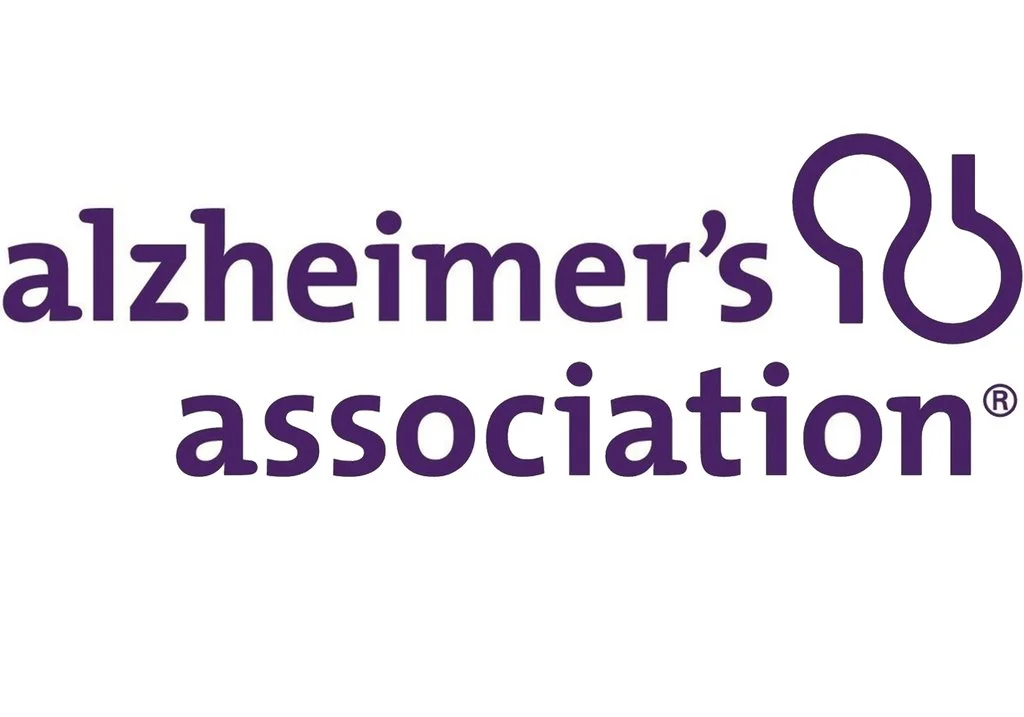Dementia Rehabilitation
Leveraging Existing Abilities in Dementia (LEAD™) Rehabilitation Framework
Together, Dr. Dawson and her colleague, Katherine Judge, PhD (Cleveland State University) developed a resource to assist and guide rehabilitation professionals (physical therapist, occupational therapist, speech-language pathologist) in treating patients with dementia.
The framework, Leveraging Existing Abilities in Dementia (LEAD™), builds upon prior research findings indicating: 1) the positive impact of dementia education and training programs for nursing staff and informal caregivers; IWDs can benefit from rehabilitation as much as individuals without dementia; and 3) the importance of utilizing a person-centered approach that focuses on understanding the needs and abilities of the individual within their current environment. The framework also addresses barriers reported by healthcare providers, including rehabilitation professionals, in working with IWDs, such as lack of dementia knowledge and confidence in daily practice, management of cognitive and emotional behaviors related to dementia, and limited understanding of how to communicate with and engage with these patients.
Drs. Dawson and Judge developed and successfully implemented a training program based on the LEAD™ framework. The LEAD™ training program includes educational information about dementia and the impact across multiple domains of function including cognition, physical performance, and psychosocial well-being. It has been found to impactful in improving confidence and upgraded practice patterns in service provision for patients with dementia in home health therapists.
RECOMMENDED COGNITIVE & FUNCTIONAL ASSESSMENT TOOLS FOR PATIENT WITH DEMENTIA
-
Severe Impairment Battery (SIB) - available for purchase through Pearson
Mini-Mental State Examination (MMSE)
Alzheimer’s Disease Assessment Scale - cognitive subscale (ADAS-cog) - available for purchase through ADASkits.com
-
Visual reproduction test
Eight word test
Logical memory test
-
Verbal fluency test (categorical)
Verbal fluency test (phonemic)
Clock drawing test
Trail Making Test (Part B)
-
Digit span test (forward)
Digit span test (backward)
Trail Making Test (Part A)
-
-
-
-
References:
Bossers, Willem JR, et al. "Recommended measures for the assessment of cognitive and physical performance in older patients with dementia: a systematic review." Dementia and geriatric cognitive disorders extra 2.1 (2012): 589-609.
McGough, Ellen L., et al. "Functional mobility limitations and falls in assisted living residents with dementia: physical performance assessment and quantitative gait analysis." Journal of geriatric physical therapy 36.2 (2013): 78-86.
Kenny, Anne M., et al. "Factors associated with skilled nursing facility transfers in dementia-specific assisted living." Alzheimer Disease & Associated Disorders 22.3 (2008): 255-260.
Alzheimer's Association®
The Alzheimer's Association® is the leading voluntary health organization in Alzheimer's care, support and research.
Vision: A world without Alzheimer's and all other dementia®
Mission: The Alzheimer's Association leads the way to end Alzheimer's and all other dementia — by accelerating global research, driving risk reduction and early detection, and maximizing quality care and support.
The Alzheimer's Association® website has many valuable resources for clinicians and healthcare providers - click here to visit their resources.
RECOMMENDED CONTINUING EDUCATION
-
20-hour continuing education course through GREAT Seminars and Books.
Instructor: Nicole Dawson, PT, PhD, GCS
-
essentiALZ ® - Alzheimer's Association training and certification, developed with evidence from the Dementia Care Practice Recommendations, educates professional care workers on current evidence-based, person-centered practices to care for individuals living with dementia. text goes here -


